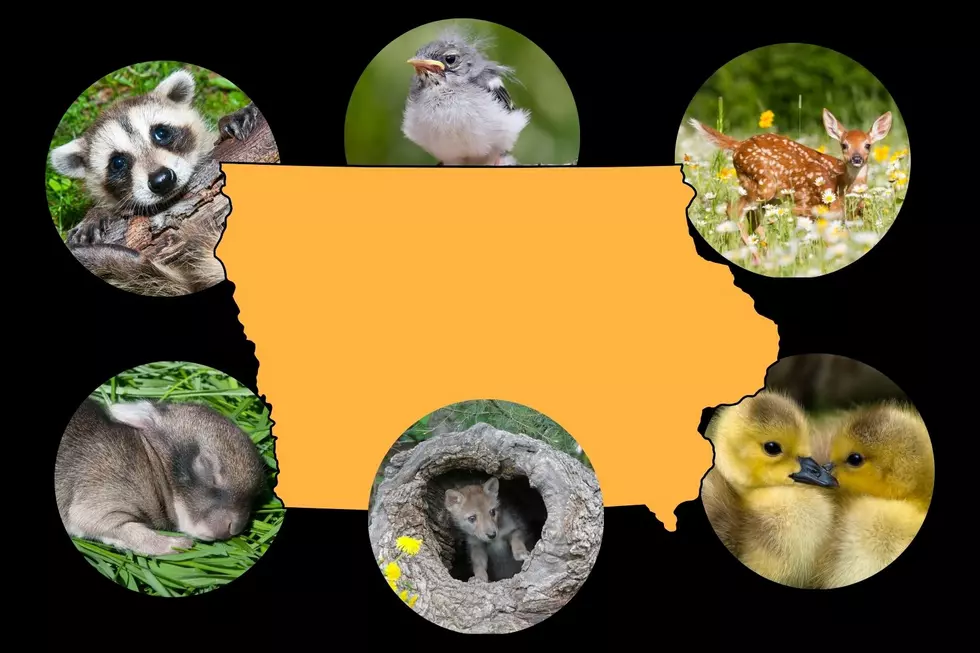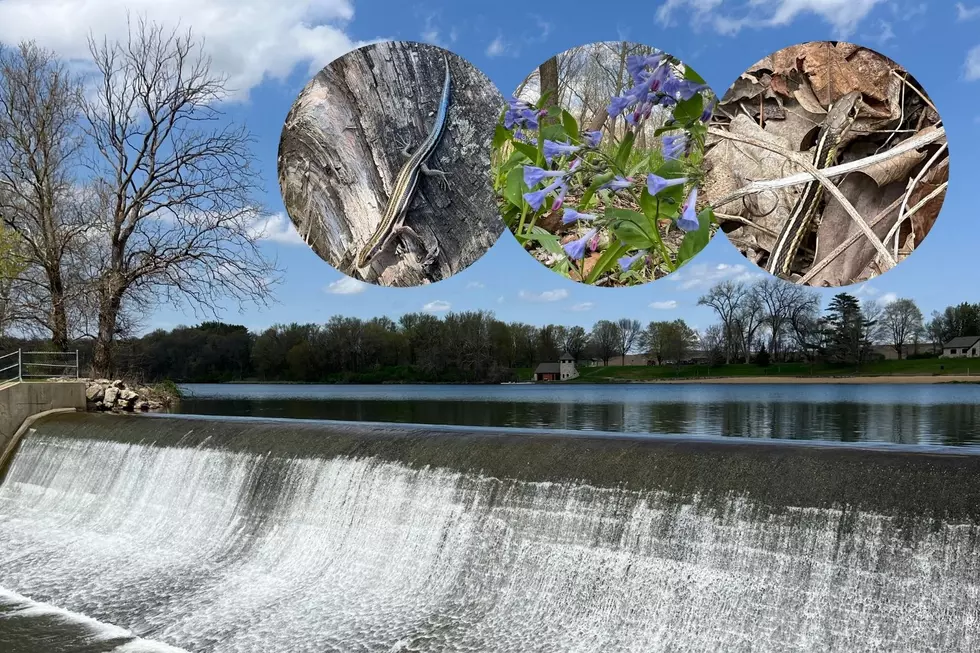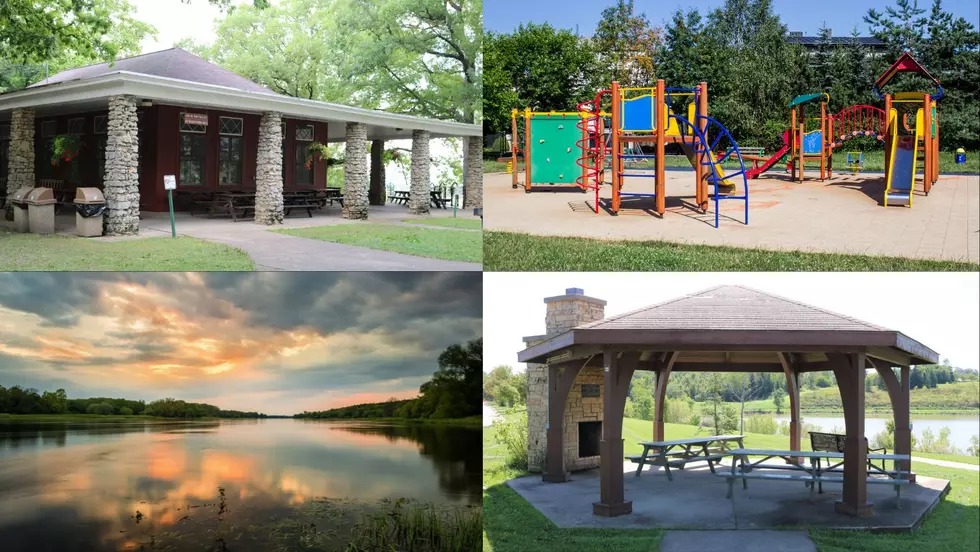
Spring Animals Flourish in Iowa- But, Leave Those Babies Be
Ah, springtime in Iowa – the air is crisp, the flowers bloom, and the wildlife babies make their adorable debut. And I mean ADORABLE! It's a magical time of year, but it also comes with responsibilities for those of us out in nature and on the trails. As the spring baby season descends upon us, it's crucial to know how to deal with our furry and feathery neighbors.
Picture this: you're strolling through a park, and suddenly, you stumble upon a nest of baby bunnies or a fledgling bird seemingly abandoned. Your first instinct might be to swoop in and rescue them, but hold your horses! Before you play the hero, let's delve into the dos and don'ts of interacting with wildlife babies in our great state of Iowa.
I can see how it would be hard not to want to cuddle them, but please refrain from doing so.
First off, it's essential to recognize that most wildlife babies are not actually orphaned. Their parents are likely nearby, foraging for food or keeping a watchful eye from a distance. Take rabbits, for example. Those sweet, innocent-looking kits are often left alone by their mothers, who visit them sporadically to avoid attracting predators. In some instances, the adult rabbit will even use themselves as a decoy to lead predators away from a nest.
So, if you stumble upon some bunnies, resist the urge to scoop them up. Instead, quietly observe from a distance and trust that Mama Bunny knows best.
The same goes for our deer friends. Fawns are expert hiders, blending seamlessly into their surroundings with their dappled coats and a distinct lack of scent. When you spot a fawn curled up in the grass, chances are it's just taking a nap while Mom grabs a quick bite.
Unless the fawn is injured or in immediate danger, let it be and give it some space.
Now, what about those chirping fledglings nestled so nicely in the bush outside your house? Contrary to popular belief, most fledglings are not abandoned; they're simply learning to fly under the watchful eye of their parents.
This is a fledgling bird- almost ready to fly and probably pretty tuckered out from trying.
If you encounter a fledgling bird on the ground, resist the urge to intervene. Instead, keep your pets indoors and give the fledgling some space to practice its flying skills. Trust me; it'll thank you later when it's soaring through the skies like a pro.

The same things can be said for raccoons, opossums, otters, groundhogs, frogs, salamanders, and all other kinds of Iowa wildlife. Leave. Them. Be. Please! Here are a few quick reasons:
- The mother is most likely coming back.
- The young animal may be ready to live life on its own.
- Your "rescue" may actually be detrimental to the animal's survival.
- You may have upset the ecosystem, as an easy meal for a native predator may go without.
- No matter what you say, a wild animal is NOT a pet.
Coyotes start out cute, but they can grow up to be aggressive, smelly, and a nuisance. Although dog-shaped, definitely not your friend to keep.
But what if you're still unsure whether a wildlife baby needs help? Don't worry; we've got you covered. If you come across a wildlife baby that seems distressed or injured, resist the urge to take matters into your own hands. Instead, contact a licensed wildlife rehabilitator for expert advice or your local DNR or conservation office. These compassionate professionals are trained to assess the situation and provide the necessary care for the animal's well-being.
Raccoons start of adorable, but they are NOT pets!
And remember, when it comes to interacting with wildlife babies, it's not just about compassion – it's also about abiding by the law. Iowa regulations prohibit the taking, possession, or transportation of most wild animals without proper authorization. By respecting these laws, we can ensure the safety and well-being of Iowa's precious wildlife population. However, Iowa law also dictates that "nuisance wildlife," except endangered or threatened species, may be relocated or euthanized by a landowner.
"No provision of this chapter shall restrict a landowner from lawfully removing nuisance wildlife pursuant to Iowa Code section 481A.87"
-Iowa Legal Code
So, as you enjoy the beauty of spring in Iowa, keep an eye out for our furry and feathered friends. And if you encounter a wildlife baby in need, remember to tread lightly, give it space, and seek professional help only when necessary. Together, we can protect, conserve, and nurture Iowa's wildlife for generations.
Enjoy the Iowa trails and adventure, but please, keep our wildlife wild!
Photos: Iowa's Loess Hills
Gallery Credit: Tom Ehlers
Photos: Eden Valley Refuge
Gallery Credit: Tom Ehlers
More From Eagle 102.3








